In summary
A connected, robust, secure, flexible and scalable environment in which staff can work collaboratively across the district, within Queensland Health and with external healthcare and education providers.
Put in place a multi-disciplined team — with skills in project management, business analysis, technology design and implementation, testing and training — to deliver the ICT infrastructure in line with plans to complete construction, and test and commission hospital services.
ICT infrastructure which supports Queensland Health’s operating model, makes the most of its in-house capabilities and capitalises on economies of scale, while maximising innovation and autonomy for the new hospital.
In detail
The Emergency Department is four times larger than at the old Gold Coast Hospital, and many new services have been introduced: cancer radiotherapy, neuroscience, neonatal intensive care, high-level trauma response and cardiac surgery.
The brief for the facility’s ICT infrastructure was for a connected, robust, secure, flexible and scalable environment in which staff could work collaboratively across the district, within Queensland Health and with external healthcare and education providers.
ICT was to comprise a data centre, wired and wireless network, unified communications including audio-visual systems and digital signage, real-time location system (RTLS) and mobile duress, sterilising and instrument tracking systems, surgical navigation systems, and a patient entertainment system.
Developer Lend Lease engaged Frame as ICT design and assurance consultant.
Frame’s vendor-agnostic design encouraged competition for the systems integrator tender. What’s more, using Frame to assess tenderer’s technical submissions, and to assist with contract negotiation, ensured Queensland Health was able to fully meet requirements and receive best value for money.
Taking an agile approach, testing effort was focused on areas of highest risk, minimising the burden on clinical and administrative teams. The approach enabled the new hospital’s services to be fast-tracked for handover to and commissioning by Queensland Health, and eased the transition for staff.
Frame put in place a multi-disciplined team with skills in project management, business analysis, technology design and implementation, testing and training. Over the 3 years of the engagement, Frame placed emphasis on resourcing so that Queensland Health and Lend Lease had continuity of people experienced with and knowledgeable of the project.
It began with scoping the ICT infrastructure and developing the conceptual design, detailed cost plan and procurement strategy. In addition, we prepared the project management plan to deliver the new hospital’s ICT infrastructure in line with plans to complete construction, test and commission hospital services, and for the ongoing support and maintenance of the facility.
Next, Frame worked closely with representatives from Lend Lease, Queensland Health ICT, Gold Coast Hospital and Health Services to develop high-level requirements, specifications and designs for each technology within the new hospital’s local ICT infrastructure package. This included the solution design and a detailed bill of materials, with a focus on the interdependencies of Lend Lease’s construction scope. These designs were used as part of the RFT documentation.
During procurement, Frame assisted Lend Lease and Queensland Health by preparing tender evaluation criteria and questions, responding to requests for clarification, and participating in the evaluation of responses and engagement of the systems integrator.
Following appointment of the systems integrator, Frame held an assurance role:
- providing input to and endorsing the detailed designs, assessing their compliance with business requirements and their ability to integrate with systems installed by Lend Lease
- assisting to coordinate and manage trades and suppliers on site
- reviewing wireless surveys to ensure campus-wide telephony, as well as RTLS and mobile duress coverage
- inspecting onsite works, and inspecting and witnessing ICT systems tests.
Additionally, Frame utilised our business process improvement expertise to analyse Gold Coast Hospital’s operational procedures. We assessed their relevance and suitability for the new hospital, and proposed recommendations to remediate. These recommendations were used to prioritise activities during acceptance testing and training. In order to deliver optimal training outcomes, Frame completed a detailed training needs analysis to ensure learning packages were tailored to learners’ needs.
For the 6 months following handover, Frame provided onsite inspection and migration support, qualifying defects, assessing change requests, and assisting Queensland Health resources to assume responsibility for operational support of the facility.








